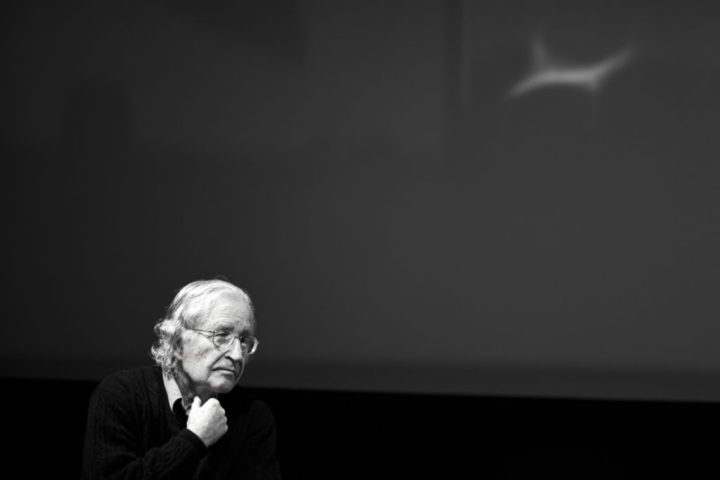Jean Baudrillard (1929-2007)
Baudrillard, born on July 27, passed away on this day in Paris at the age of 78. A philosopher, sociologist, and academic, his contributions spanned the analysis of culture, Marxism, postmodernity, and post-structuralist thought. As a prolific writer, he authored over 50 books, offering insights into some of the most significant cultural and sociological trends of the modern era.
At the beginning of his academic career, he was interested in Marxism and the consumer society. In 1966 he became Lefebvre’s assistant while studying philosophy, languages, and sociology at the Paris Nanterre University.
He completed his doctoral studies in the same year with a dissertation on Le système des objets. One of its conclusions points to the change that takes place after World War II, from a production society to a consumer society.
His interpretation of the consumer society has been reflected in the books The System of Objects (1968), The Consumer Society (1970), and The Mirror of Production (1975). In For a Critique of the Political Economy of the Sign (1972), he rejects Marxism as the only valid way to analyze the consumer society.
The Desert of the Real
In the 1980s and 1990s, Baudrillard largely departed from Marxism and structuralism. He became one of the leading representatives of postmodern culture, and it is at this stage that he defines how in the condition of postmodern media, we experience something called “the death of the real.”
The latter is a concept that needs to be revisited today. What it tells us and evokes is something that is still being discussed; however, that notion is related to the certainty that we are living in a kind of hyper-reality. In other words, a hyper-connected realm, connected to television comedies, the internet, Media —traditional or not— virtual reality games, the cloud, Facebook, Insta, or simply platforms that simulate and re-edit that assumption we call “reality.”
For Baudrillard, modern societies are organized around the production and consumption of commodities, while postmodern societies are organized around simulation and the play of images and signs. These denote a situation in which they are the organizational forms of a new social order where simulation governs.
In the simulation society, identities are constructed through the appropriation of images. Codes and models determine how individuals perceive themselves and relate to each other. The simulation model governs the economy, politics, social life, and culture. This means that codes and models determine how goods are consumed and used, how politics develops, how culture is produced, and how daily life is lived.
These ideas and their further elaborations led him to say things like, although the United States lost the Vietnam War on the ground, they won it in the hyperreal realm through films like Apocalypse Now and Platoon, which repeat the war to rewrite history.
Another example of the above has been his famous article in Libération in which he claimed that the Gulf War would not take place. Subsequently, he claimed that it had not taken place because the Western audience realized it happened only as a series of hyperrealistic images on our television screens.
His thinking was influenced by, or in relation to, authors such as Guy Debord, Althusser, Sartre, Foucault, Roland Barthes, Jacques Derrida, Gilles Deleuze, Georges Bataille and Claude Lévi-Strauss.
On a day like today, numerous other aspects of his legacy could be commemorated, but we’ve chosen to focus on those that, for reasons of convenience, significance, and urgency, appear most prominent. It will be the task of future generations to engage with his work from a fresh perspective to fully appreciate the impact of his theories. However, even now, Baudrillard’s reflections on our virtual environment kick-start the critical thinking that is so crucial in our times.


